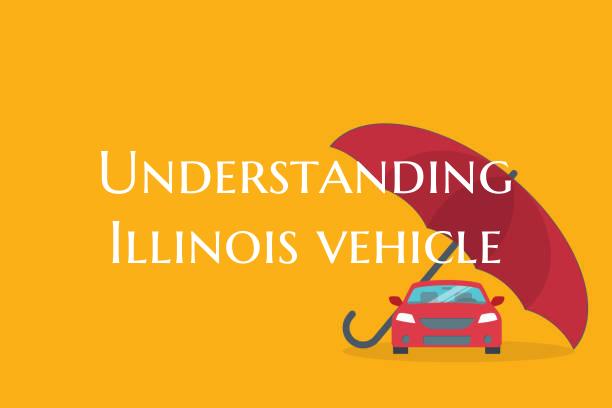Illinois, like every other state, has its set of laws and regulations that govern the operation and use of vehicles on its roads. Understanding these laws is crucial for all drivers and vehicle owners to ensure safety, compliance, and smooth travel experiences. Here is an overview of some key aspects of Illinois vehicle laws:
1. Driver's License Requirements: In Illinois, you must have a valid driver's license to operate a motor vehicle. The state issues different types of licenses based on the type of vehicle you intend to drive (e.g., Class D for regular cars, Class M for motorcycles).
2. Registration and Title: All vehicles operated on Illinois roads must be properly registered with the Secretary of State's office. This involves paying registration fees and obtaining license plates. Additionally, you must have a valid title for your vehicle, which serves as proof of ownership.
3. Insurance Requirements: Illinois law mandates that all drivers carry a minimum amount of liability insurance to cover damages in case of an accident. Failure to have insurance can result in fines, suspension of driving privileges, and other penalties.
4. Traffic Laws: Illinois has specific traffic laws that govern various aspects of driving, such as speed limits, right-of-way rules, signaling requirements, and more. Understanding and following these laws is essential for safe and legal driving.
5. Safety Regulations: Illinois has laws in place to promote vehicle safety. This includes requirements for seat belt usage, child safety seats, and regulations against driving under the influence of alcohol or drugs.
6. Environmental Regulations: Illinois also has regulations to protect the environment, such as emissions testing requirements for certain vehicles to ensure they meet air quality standards.
7. Vehicle Inspections: While Illinois does not require periodic vehicle inspections for safety, vehicles may be subjected to inspections under specific circumstances, such as when being transferred to a new owner.
8. Penalties for Violations: Violating Illinois vehicle laws can lead to fines, license suspensions, points on your driving record, and in severe cases, jail time. It is crucial to understand and adhere to these laws to avoid such consequences.
By familiarizing yourself with Illinois vehicle laws and regulations, you can ensure compliance, promote safety on the roads, and avoid legal issues. Staying informed and up to date with any changes in the laws can help you become a responsible and law-abiding driver in the state of Illinois.

